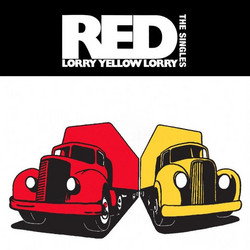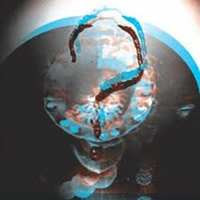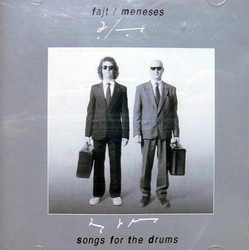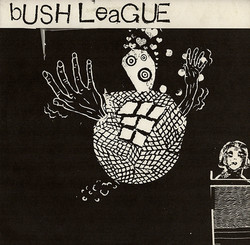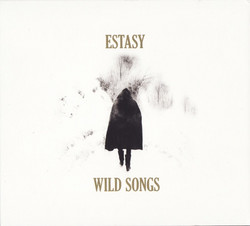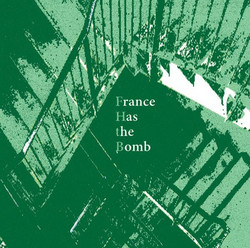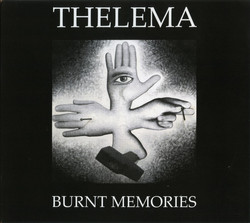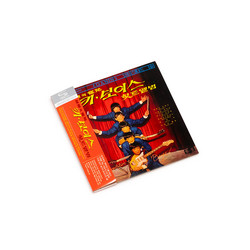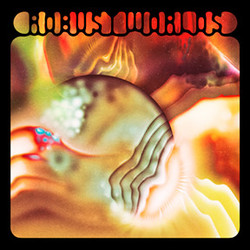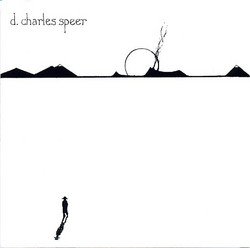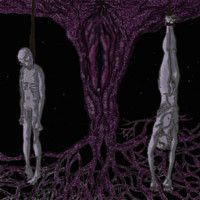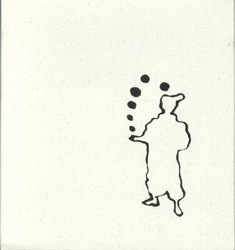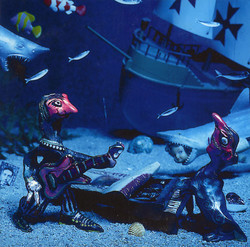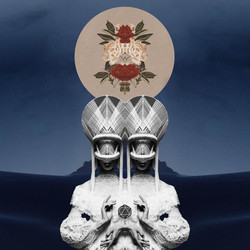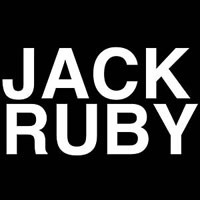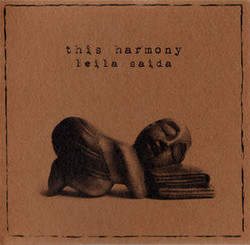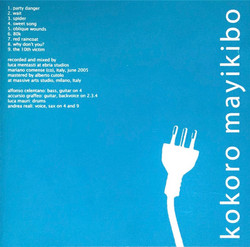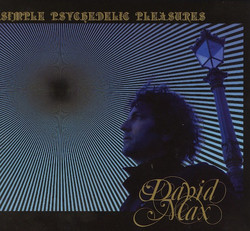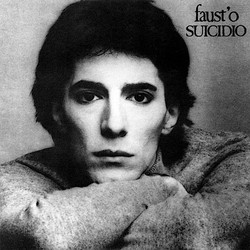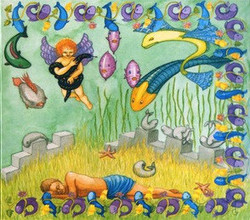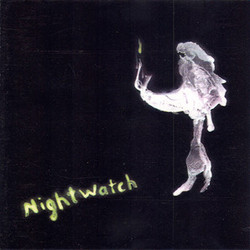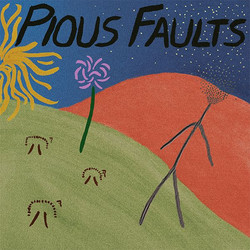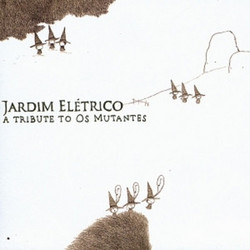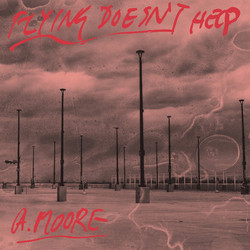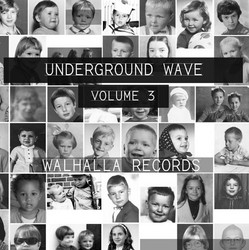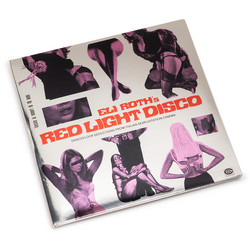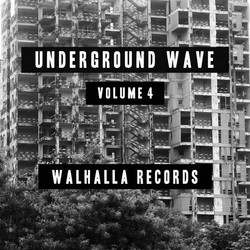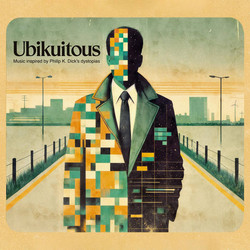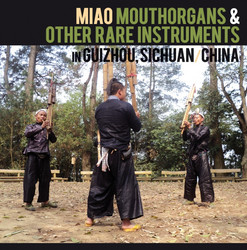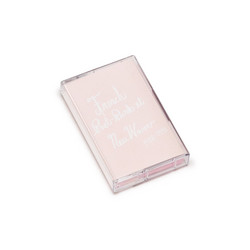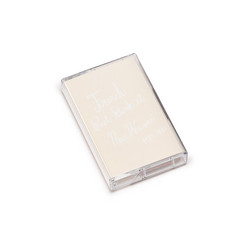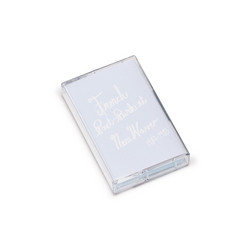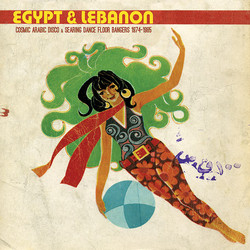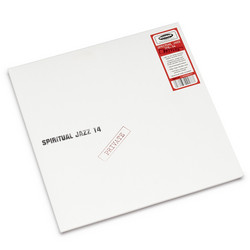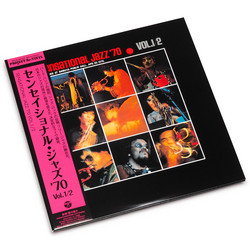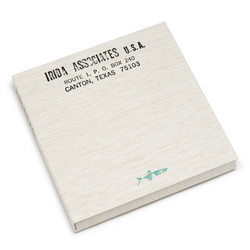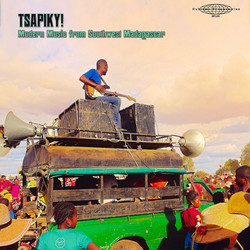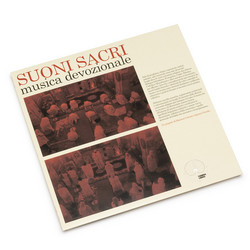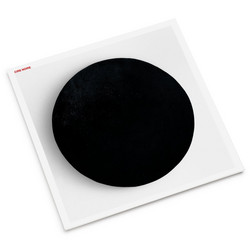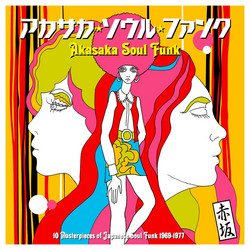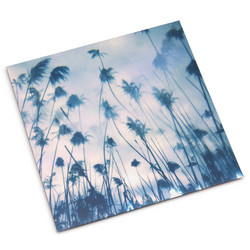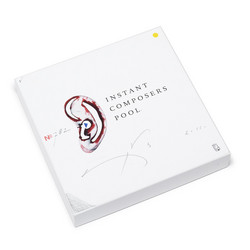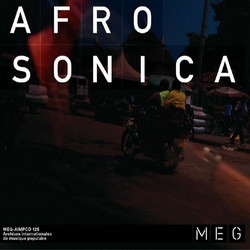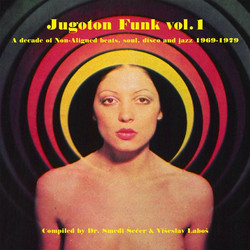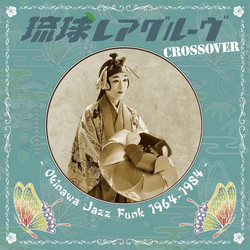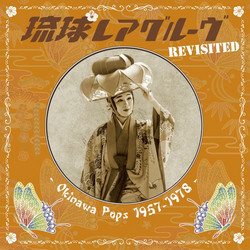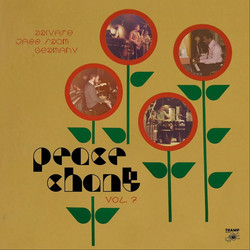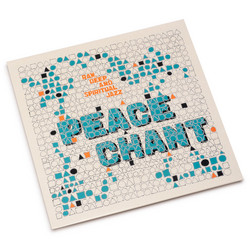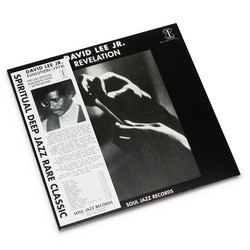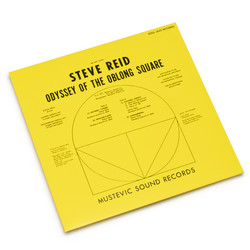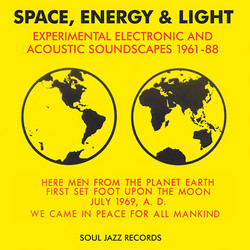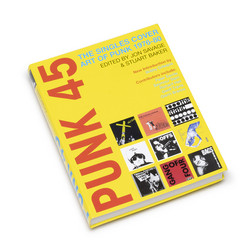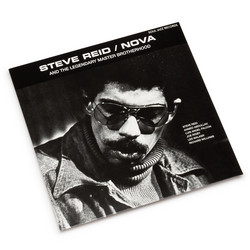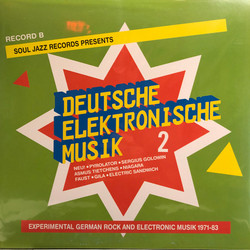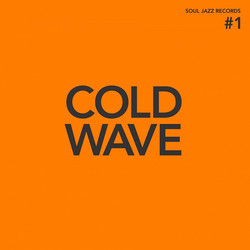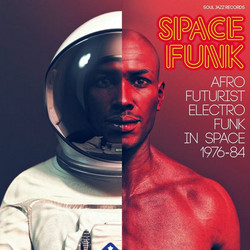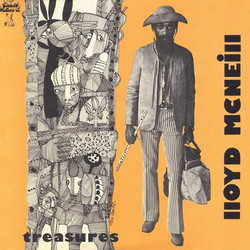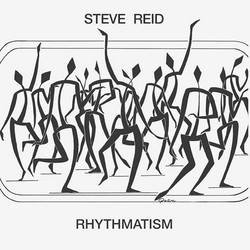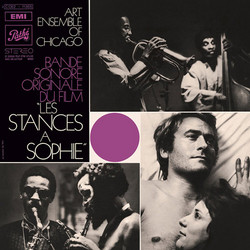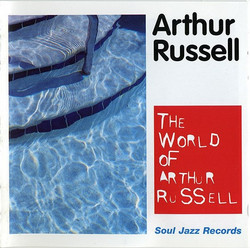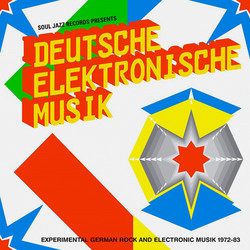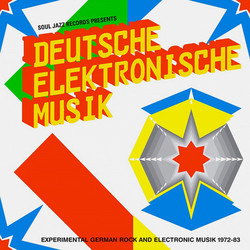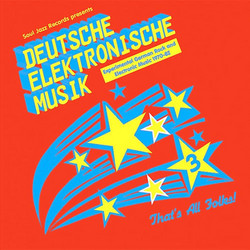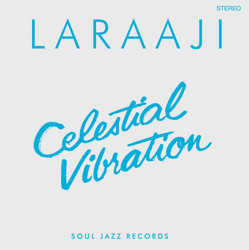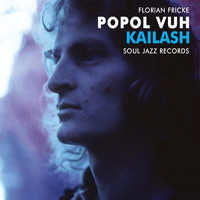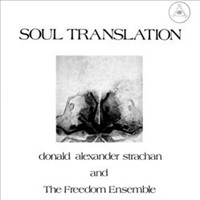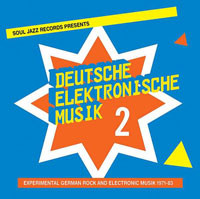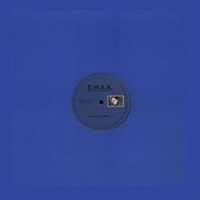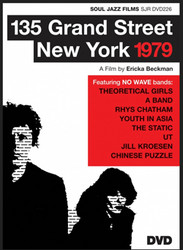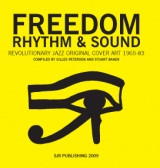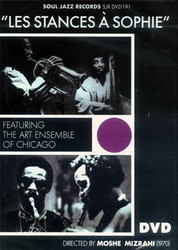1
2
3
4
5
6
Various
Deutsche Elektronische Vol1
What's in a name? Good question. On first glance, Deutsche Elektronische Musik gives the impression that the pieces for Soul Jazz's new collection were selected for how they later fed into house and techno. But then there's that subtitle—"Experimental German Rock and Electronic Music 1972-83"—one which gently reminds listeners that much of the most fertile music from Germany in the '70s wasn't electronic at all.
So why not Krautrock? Well, that doesn't quite work either: A title like that would confuse those looking for the electronic stuff, and several key Krautrock groups are missing anyway. Where are Guru Guru, Agitation Free or the epic synths of Klaus Schulze? Can one understand Krautrock without even an edit from Popol Vuh's "In Den Garten Pharaos"? And what is Can without at least a nod to Malcolm Mooney or Damo Suzuki or their own classics? More tellingly, Kraftwerk, Krautrock's poster group and the most "elektronische" of all, are entirely absent due to their reluctance to licence tracks. Nonetheless, Soul Jazz has done the best they can with the tricky genre-not-genre of German music in the '70s, serving up a compilation of tracks that successfully straddle the rock-electronica divide. Newcomers will thrill to sounds of the immortal classics from Neu!, Faust, La Dusseldorf, Harmonia and Popol Vuh's always-haunting "Aguirre I," whereas all except the most hardcore crate diggers will find something new from the lesser-known groups such as Gila, Ibliss and the hippie commune dwellers Kollectiv. The inclusion of late-era tracks by Amon Duul II and Tangerine Dream as well as solo material from Roedelius and Dieter Moebius will also likely open new doors to this much overlooked period that doesn't get much, if any, credibility in muso circles. The pre-house/techno electronic story is particularly revealing in several of these late-era cuts, in addition to earlier works by Cluster and Harmonia of course. Amongst them are Michael Bundt's brilliant "La Chasse Aux Microbes," which unravels like a helical string of ambient pearls, Conrad Schnitzler's 1980 electro single "Auf Dem Schwarzen Kanal" and the synth-pop of E.M.A.Ks (Elektronische Musik aus Koln) "Filmmusik." Tangerine Dream's "No Man's Land" sounds strangely dubby at times fitting nicely with Popol Vuh's "Morgengruss" and the lesser known track "Devotion" from Between as a trio which highlight the search for profound and authentic spiritual feelings that drove so much of the creative energy of Germany at the time. Other themes drawn out in the sounds and groups are the anti-establishment politics of commune living with groups like Amon Duul II and Kollektiv, complementing the often flute-driven hippy jams of Ibliss and Ash Ra Tempel. Call a rose a rose and call this music whatever you will. What this Deutsche Elektronische Musik illustrates is that it still sounds sweet, whatever its name, and that there's still inspiration and innovation to be found within.
So why not Krautrock? Well, that doesn't quite work either: A title like that would confuse those looking for the electronic stuff, and several key Krautrock groups are missing anyway. Where are Guru Guru, Agitation Free or the epic synths of Klaus Schulze? Can one understand Krautrock without even an edit from Popol Vuh's "In Den Garten Pharaos"? And what is Can without at least a nod to Malcolm Mooney or Damo Suzuki or their own classics? More tellingly, Kraftwerk, Krautrock's poster group and the most "elektronische" of all, are entirely absent due to their reluctance to licence tracks. Nonetheless, Soul Jazz has done the best they can with the tricky genre-not-genre of German music in the '70s, serving up a compilation of tracks that successfully straddle the rock-electronica divide. Newcomers will thrill to sounds of the immortal classics from Neu!, Faust, La Dusseldorf, Harmonia and Popol Vuh's always-haunting "Aguirre I," whereas all except the most hardcore crate diggers will find something new from the lesser-known groups such as Gila, Ibliss and the hippie commune dwellers Kollectiv. The inclusion of late-era tracks by Amon Duul II and Tangerine Dream as well as solo material from Roedelius and Dieter Moebius will also likely open new doors to this much overlooked period that doesn't get much, if any, credibility in muso circles. The pre-house/techno electronic story is particularly revealing in several of these late-era cuts, in addition to earlier works by Cluster and Harmonia of course. Amongst them are Michael Bundt's brilliant "La Chasse Aux Microbes," which unravels like a helical string of ambient pearls, Conrad Schnitzler's 1980 electro single "Auf Dem Schwarzen Kanal" and the synth-pop of E.M.A.Ks (Elektronische Musik aus Koln) "Filmmusik." Tangerine Dream's "No Man's Land" sounds strangely dubby at times fitting nicely with Popol Vuh's "Morgengruss" and the lesser known track "Devotion" from Between as a trio which highlight the search for profound and authentic spiritual feelings that drove so much of the creative energy of Germany at the time. Other themes drawn out in the sounds and groups are the anti-establishment politics of commune living with groups like Amon Duul II and Kollektiv, complementing the often flute-driven hippy jams of Ibliss and Ash Ra Tempel. Call a rose a rose and call this music whatever you will. What this Deutsche Elektronische Musik illustrates is that it still sounds sweet, whatever its name, and that there's still inspiration and innovation to be found within.
Details
Cat. number: sjazzr2131lp
Year: 2010
